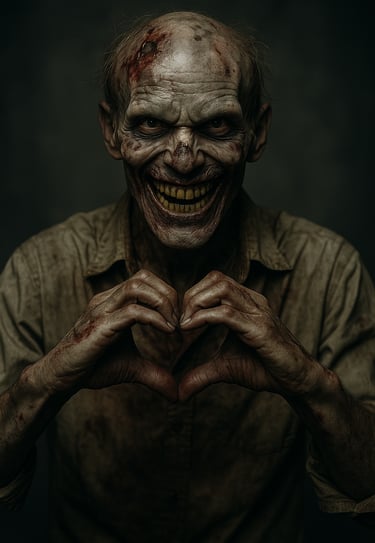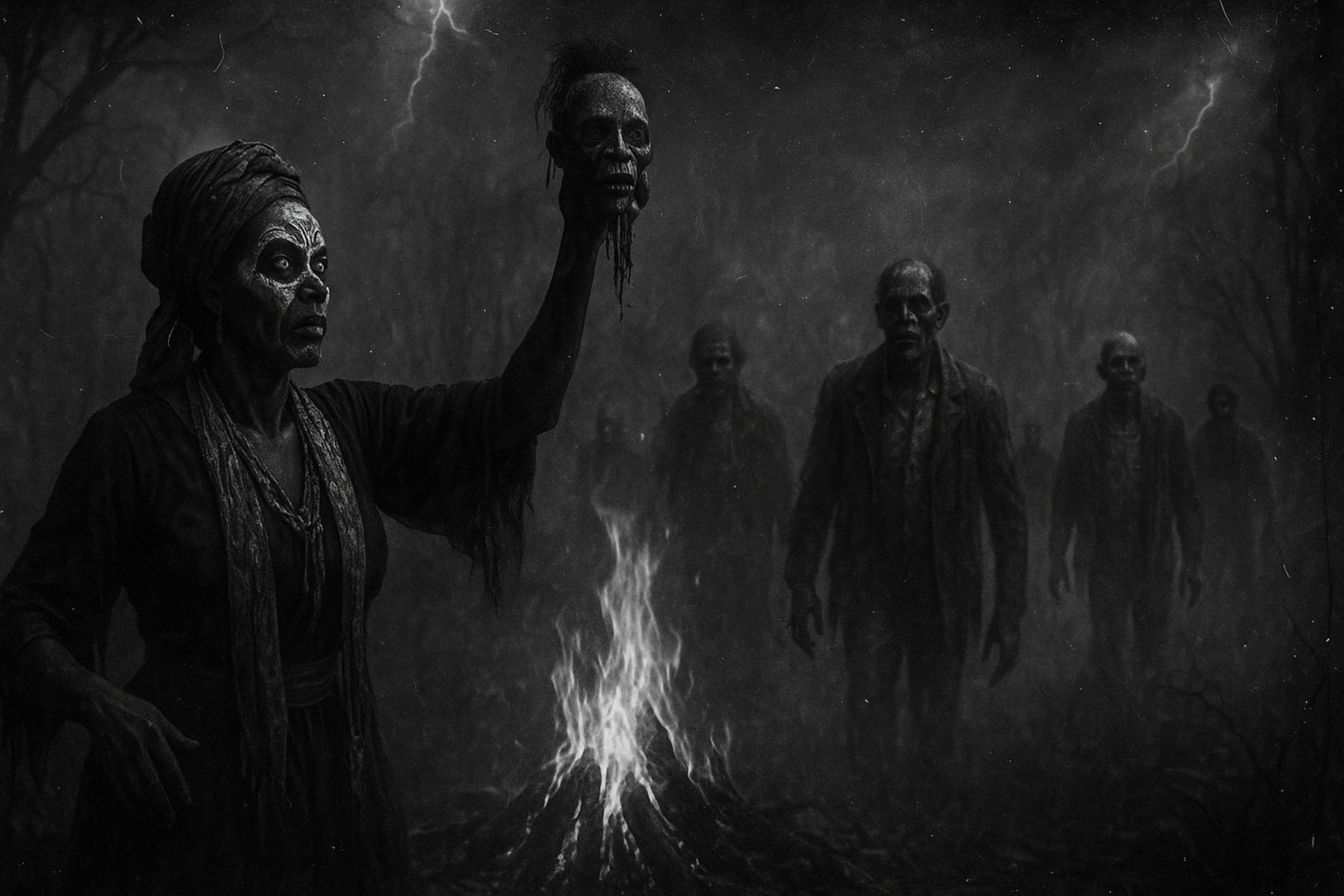
Rise of the Undead: The Culture Behind the Curse
Step into the shadows of zombie folklore — where ancient rituals, colonial fears, and Hollywood nightmares collide. Discover the dark cultural roots of the undead and why we remain obsessed with them.
The Origins of Zombie Culture
Long before zombies moaned their way onto movie screens, they haunted the folklore of enslaved Africans in the Caribbean. The concept of the “zombi” emerged from Haitian Vodou, where it was said that powerful priests (bokors) could reanimate the dead or enslave the living through dark rituals.
To the enslaved, the idea of becoming a soulless body — trapped in eternal labor — was a fate worse than death. Over time, these beliefs mixed with colonial fears, supernatural myths, and local spiritualism, creating the earliest version of the zombie.
Hollywood would later twist the tale, but at its core, the zombie is rooted in trauma, control, and cultural resistance.
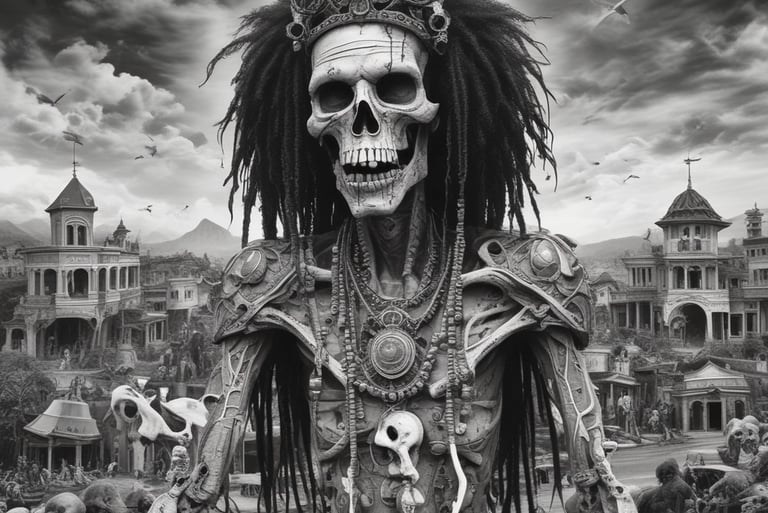

Zombies in Modern Media
The modern zombie as we know it — flesh-eating, infectious, and relentless — was born in 1968 with George A. Romero’s Night of the Living Dead. This cult classic replaced voodoo mysticism with viral apocalypse and launched a horror subgenre that refuses to die.
Since then, zombies have evolved across every form of media. In film, we’ve seen terrifying outbreaks in 28 Days Later and high-speed terror in World War Z. TV shows like The Walking Dead turned survival into soap opera. In gaming, franchises like Resident Evil and The Last of Us pushed fear into the hands of players. Even literature and comics — from World War Z to Marvel Zombies — explored the undead in new ways.
Zombies have become mirrors to our anxieties — about pandemics, government collapse, and what happens when society breaks.
Zombie Culture and Fandom
What began as folklore and horror has become a full-blown cultural movement. Around the world, fans celebrate zombies not just on screen, but in the streets. Zombie walks take over entire cities, with thousands dressing in bloodied clothes, staggering through neighbourhoods in eerie unison. At horror conventions, fans debate the fastest outbreak or the most gruesome transformation.
Makeup tutorials teach people how to rot like the dead. YouTubers review apocalypse survival kits. Entire forums obsess over outbreak timelines, bite physics, and escape strategies.
Zombies have moved beyond monsters — they’ve become a way to imagine chaos, express rebellion, and connect with a global community of like-minded survivors. In a world that often feels out of control, the zombie fandom embraces the fantasy of fighting back.
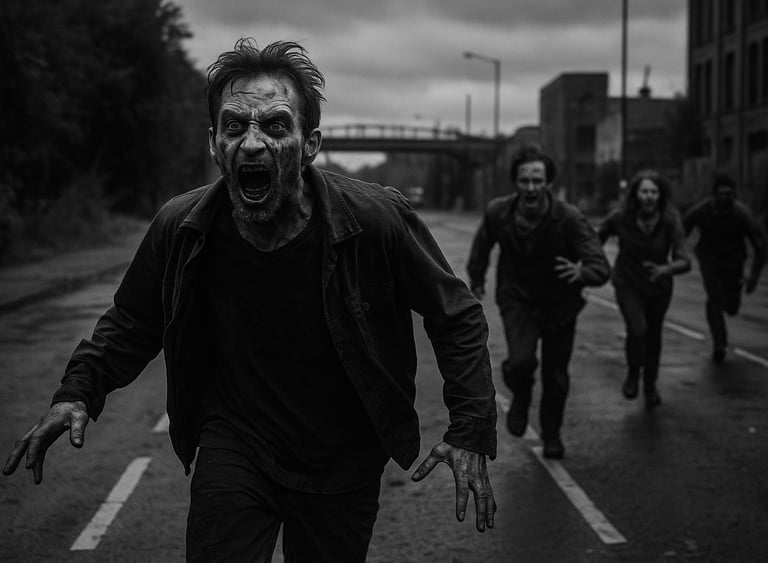

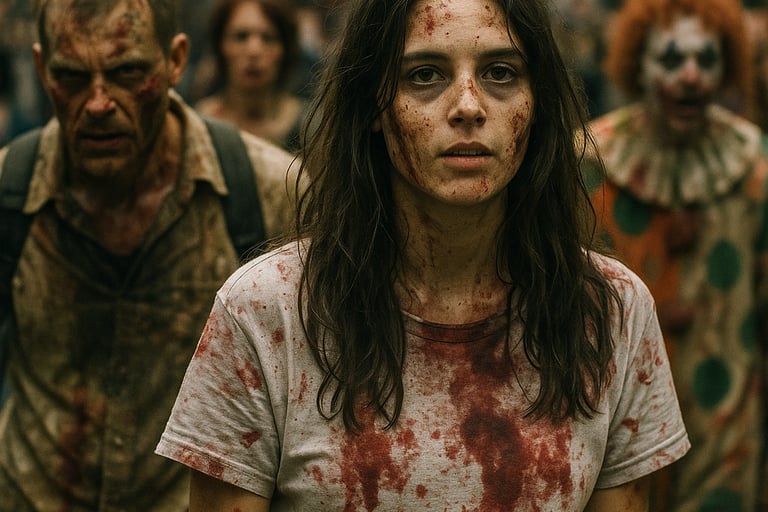

Why We Love Zombies
Zombies tap into something primal. They terrify us — yet we can’t look away. Whether they're slow and rotting or fast and feral, zombies reflect our deepest fears: loss of identity, breakdown of society, and the thin line between order and chaos.
But there’s also a strange comfort in zombie stories. They offer a world where the rules are clear — survive or die. In a time of real-world uncertainty, fictional apocalypse feels oddly manageable. It's survival fantasy, stripped to the bone.
From board games to box office hits, we keep resurrecting the undead because they let us imagine what we would do if the world fell apart — and who we might become.
